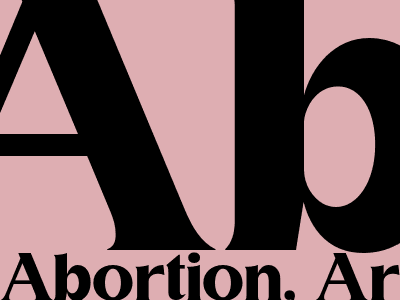
Skyrocketing Maternal Mortality Rates in Arizona Tied to Abortion Restrictions
A Deep Dive into the Impact of Abortion Restrictions on Maternal Health
Introduction
In Arizona, the maternal mortality rate has spiked alarmingly in recent years, coinciding with the implementation of stringent abortion restrictions. This concerning trend has sparked widespread alarm among healthcare professionals and advocates, who attribute the rise in deaths to limited access to essential reproductive healthcare services.
The Devastating Impact of Abortion Restrictions
The Turnaway Study, a landmark research project, revealed that women denied abortions are five times more likely to experience severe pregnancy-related complications and three times more likely to die from pregnancy-related causes compared to those who receive the procedure.
In Arizona, the restrictions have disproportionately affected marginalized communities, including low-income women, women of color, and those living in rural areas. These populations often face barriers to accessing healthcare, including lack of insurance, transportation, and childcare.
The Need for Comprehensive Reproductive Healthcare
Access to safe and legal abortion is an essential component of comprehensive reproductive healthcare. It allows women to make informed decisions about their bodies, families, and futures. Restricting access to abortion not only endangers women's lives but also undermines their autonomy and well-being.
Experts emphasize the need for evidence-based policies that prioritize maternal health. This includes expanding access to abortion care, investing in prenatal and postpartum care, and addressing the social determinants of health that contribute to maternal mortality.
Calls for Legislative Action
In response to the alarming maternal mortality rates, advocates are calling for legislative action to repeal or amend restrictive abortion laws. They argue that these laws violate women's constitutional rights, harm their health, and perpetuate systemic inequities.
Several bills have been introduced in the Arizona legislature that aim to protect reproductive rights and expand access to abortion care. These efforts have faced opposition from anti-abortion groups, but the rising maternal mortality rates have brought renewed urgency to the issue.
Conclusion
The skyrocketing maternal mortality rates in Arizona are a direct consequence of restrictive abortion laws. These laws endanger women's lives, particularly those in marginalized communities, and undermine their fundamental rights. Access to safe and legal abortion is essential for protecting maternal health and ensuring women's well-being.
Legislators have a moral and ethical responsibility to repeal or amend these harmful laws and prioritize policies that safeguard the lives of women in Arizona.